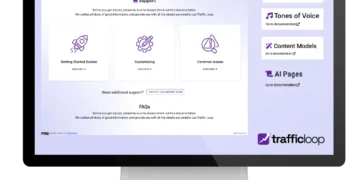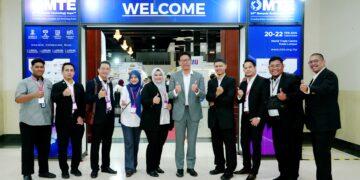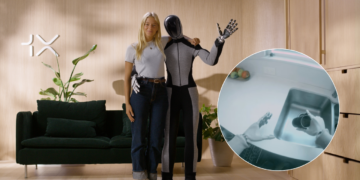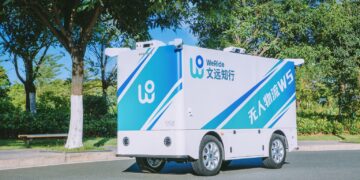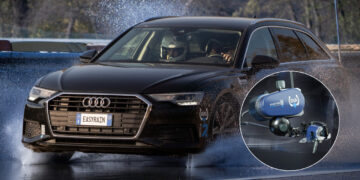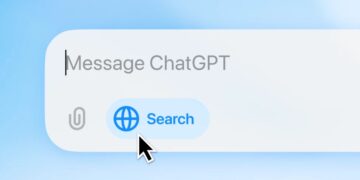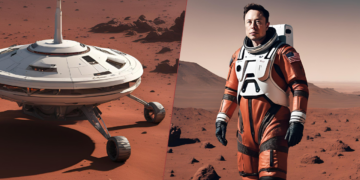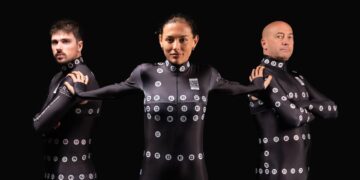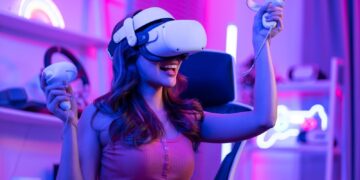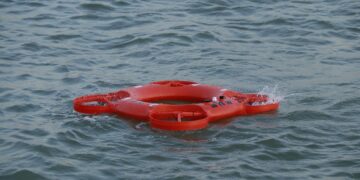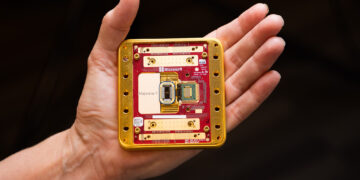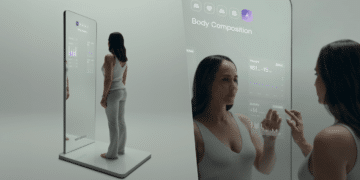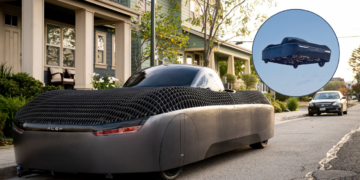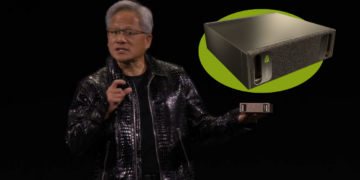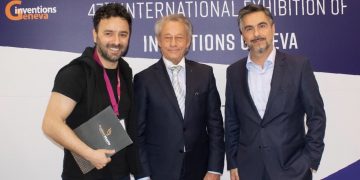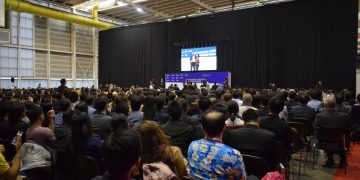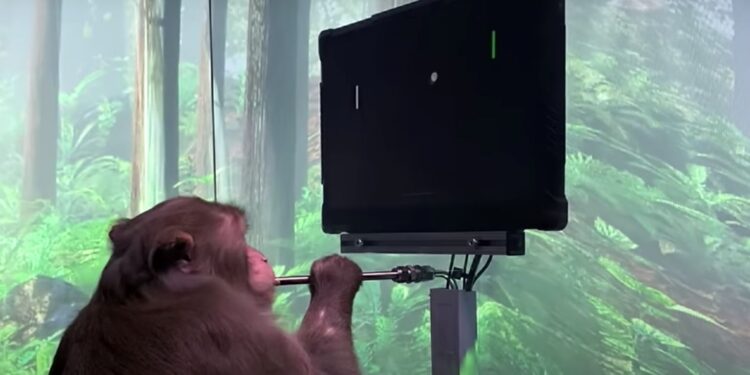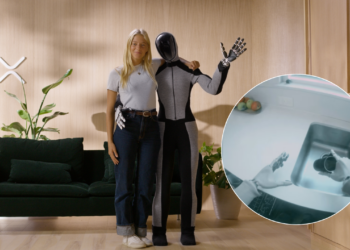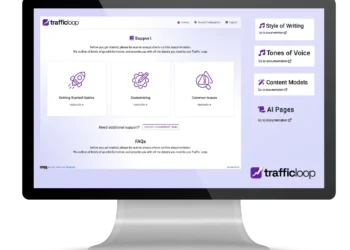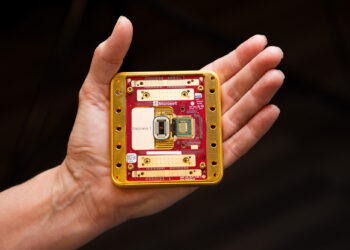The Neuralink ‘monkey test’ announced a few weeks ago by Elon Musk has come to a successful conclusion: the animal played Pong using only its brain to control the game
A small step for Pager, a big step for mankind. This is how we could sum up the experiment that took place a few days ago in the laboratories of Neuralink, Elon Musk‘s biotech company that has been working on the human-machine link since 2016 (we have already talked about it here). Pager is the name of a nine-year-old macaque on which the first prototype of the brain connection system conceived by Musk was implanted. Thanks to this chip, the guinea pig was able to play a game of Pong (the cult videogame of the 1980s) using his brain directly to control the dynamics of the game. In other words, Pager did not use a joystick but managed to hit the virtual ball back with her mind alone. All this was possible thanks to the neural linking system devised by researchers at Neuralink. The surprising experiment was captured in a video that quickly went viral.
Read also → Will we ever use teleportation? Professor Brian Greene’s answer
Neuralink: a monkey plays Pong using only its brain
In the video published by Neuralink, Pager is first seen playing Pong using a normal controller. In a second moment, however, the macaque ‘abandons’ the joystick and continues to play using only the power of his mind. The BCI (Brain Computer Interface) chip installed by the researchers in the animal’s brain collects impulses from the nervous system and ‘translates’ them into electrical signals that can be transmitted and recognised by the video game software. The success of the experiment (and the huge media coverage it has received) represents a major step forward in Elon Musk’s ambitious plans. The South African tycoon has announced that he wants to create a complete human-machine neural link by the end of 2021. Neuralink systems are expected to directly link the human brain with Artificial Intelligence to repair brain injuries or permanent neurological damage. Tests on humans have not yet begun, but, Musk confirmed, “I don’t think we should wait much longer before we start trials”. Who would like to volunteer?
You might also be interested in → How do they see insects? US researchers create backpack micro-camera


